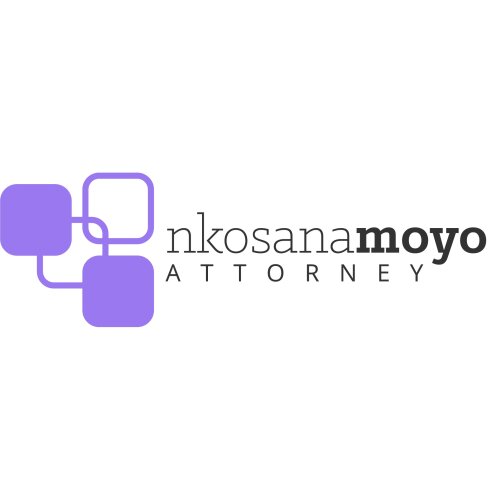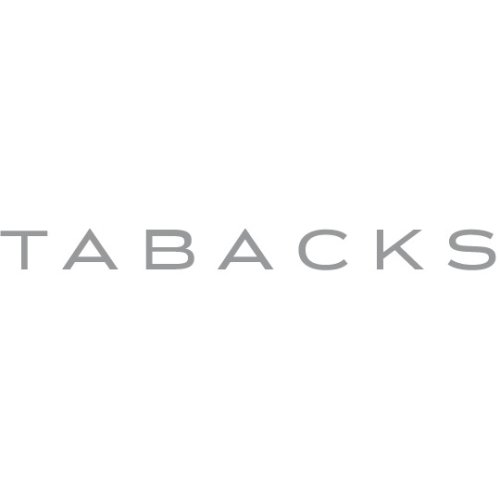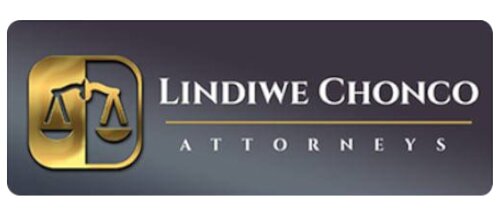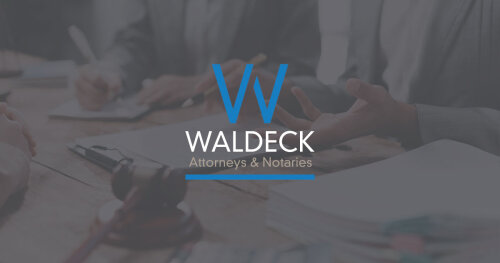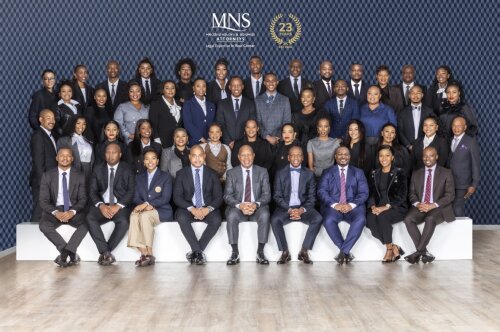Best Intellectual Property Lawyers in Johannesburg
Share your needs with us, get contacted by law firms.
Free. Takes 2 min.
List of the best lawyers in Johannesburg, South Africa
About Intellectual Property Law in Johannesburg, South Africa
Intellectual Property (IP) law in Johannesburg, South Africa, governs the legal rights to inventions, designs, and artistic works. It is a vital component of the legal landscape in Johannesburg, a city known for its bustling business environment and innovative endeavors. IP law aims to encourage innovation by giving creators the exclusive rights to the use of their creations. Johannesburg's IP framework is aligned with South Africa's national policies and international treaties, offering robust protection for patents, trademarks, copyrights, and designs.
Why You May Need a Lawyer
There are several situations where you might require legal assistance in Intellectual Property:
- Patent Applications: Registering a new invention can be complex, requiring detailed specifications and claims.
- Trademark Registration: Protecting your brand identity is crucial for business recognition and preventing misuse.
- Copyright Issues: Ensuring your literary, artistic, or musical works are protected from unauthorized use.
- Infringement Cases: Legal support is essential if you believe someone is unlawfully using your IP or if you are accused of infringement.
- Licensing Agreements: Drafting contracts that allow others to legally use your IP while ensuring your rights are safeguarded.
- Brand Protection: Counteracting counterfeit products and ensuring your business’s reputation is not harmed.
Local Laws Overview
Johannesburg follows South African national IP laws, which include:
- Patents Act: Governs the registration and protection of patents in South Africa.
- Trade Marks Act: Provides guidelines for the registration and protection of trademarks.
- Copyright Act: Covers protection for literary, musical, and artistic works.
- Designs Act: Protects the appearance of a product, including features such as shape, configuration, and pattern.
- Counterfeit Goods Act: Intent on preventing the proliferation of counterfeit goods.
Frequently Asked Questions
What is considered intellectual property?
Intellectual property includes creations of the mind such as inventions, literary and artistic works, designs, symbols, names, and images used in commerce.
How can I register a trademark in Johannesburg?
You can file a trademark application with the Companies and Intellectual Property Commission (CIPC). It's recommended to conduct a trademark search first to ensure your mark is unique.
How long does trademark protection last in South Africa?
Trademark protection lasts for ten years from the filing date and can be renewed indefinitely for subsequent periods of ten years.
What steps should I take if I believe my IP is being infringed?
Document the infringement, seek legal advice immediately, and consider sending a cease-and-desist letter or filing a lawsuit.
Can I protect my business idea before launching?
While ideas per se cannot be protected, confidentiality agreements and Non-Disclosure Agreements (NDAs) can help protect your idea before it's formally registered.
What is the role of the CIPC?
The CIPC administers IP rights in South Africa, including the registration of companies, patents, trademarks, and designs.
Can IP rights be transferred or sold?
Yes, IP rights can be transferred or sold through contracts or licenses, allowing others to use the IP under agreed terms.
How are international IP laws enforced in South Africa?
South Africa is a signatory to various international treaties, such as the TRIPS Agreement and the Berne Convention, which aid in international IP protection and enforcement.
Is it necessary to have a local attorney for IP issues in Johannesburg?
While not strictly necessary, having a local attorney familiar with South African IP law can be invaluable in navigating the complexities of IP protection and enforcement.
Are computer programs protected under South African IP law?
Yes, computer programs are protected under the Copyright Act as literary works.
Additional Resources
Here are some resources and organizations related to Intellectual Property in Johannesburg for further assistance:
- The Companies and Intellectual Property Commission (CIPC): The official government body responsible for IP registrations.
- South African Institute of Intellectual Property Law (SAIIPL): A professional association offering guidance and support to IP law practitioners.
- The Department of Trade, Industry and Competition (DTIC): Provides policy and legislative support to IP stakeholders.
Next Steps
If you need legal assistance for Intellectual Property in Johannesburg, here’s how to proceed:
- Identify Your Needs: Determine the exact nature of your IP issue-whether it's registration, infringement, or licensing.
- Consult a Specialist: Reach out to an IP lawyer or firm with expertise in South African IP law.
- Prepare Documentation: Gather all necessary documents and evidence related to your IP, such as registration certificates, contracts, or infringement evidence.
- Engage a Lawyer: Once you've chosen a lawyer, engage them formally to handle your IP case.
- File Necessary Applications or Actions: Work with your lawyer to register your IP or proceed with litigation if necessary.
Remember, the right legal guidance can help protect and preserve the ingenuity that underlies your intellectual property.
Lawzana helps you find the best lawyers and law firms in Johannesburg through a curated and pre-screened list of qualified legal professionals. Our platform offers rankings and detailed profiles of attorneys and law firms, allowing you to compare based on practice areas, including Intellectual Property, experience, and client feedback.
Each profile includes a description of the firm's areas of practice, client reviews, team members and partners, year of establishment, spoken languages, office locations, contact information, social media presence, and any published articles or resources. Most firms on our platform speak English and are experienced in both local and international legal matters.
Get a quote from top-rated law firms in Johannesburg, South Africa — quickly, securely, and without unnecessary hassle.
Disclaimer:
The information provided on this page is for general informational purposes only and does not constitute legal advice. While we strive to ensure the accuracy and relevance of the content, legal information may change over time, and interpretations of the law can vary. You should always consult with a qualified legal professional for advice specific to your situation.
We disclaim all liability for actions taken or not taken based on the content of this page. If you believe any information is incorrect or outdated, please contact us, and we will review and update it where appropriate.
Browse intellectual property law firms by service in Johannesburg, South Africa
Johannesburg, South Africa Attorneys in related practice areas.



